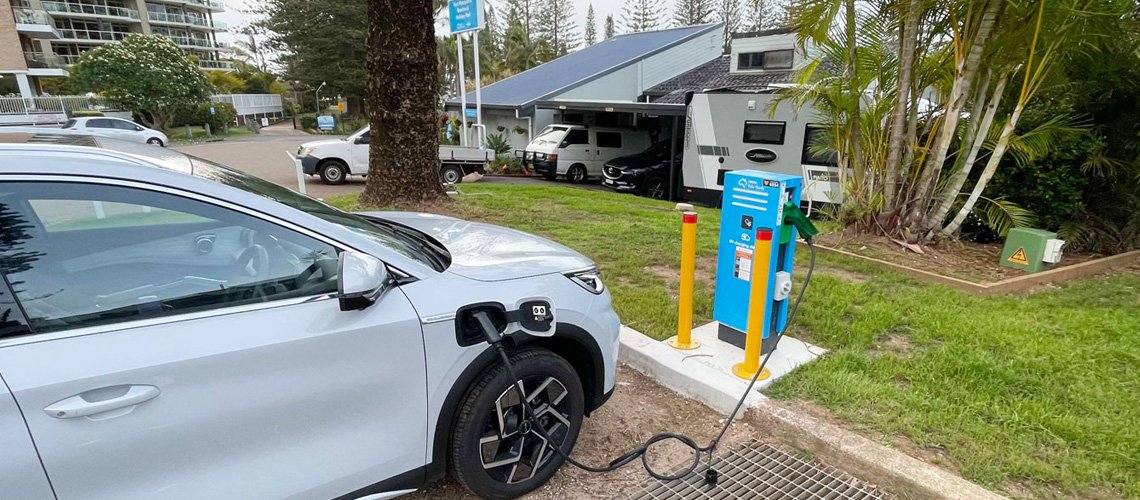The Pakistan Institute of Development Economics (PIDE) has recommended that 10% of all vehicles in Pakistan should be electric vehicles (EVs) by 2030, as part of its proposed framework for the country’s Electric Vehicle (EV) Policy. The recommendations, presented under the title ‘Future on Wheels’, aim to support the development of a robust EV policy in response to the Prime Minister’s call for action.
Drawing insights from its recent publications, ‘Driving Backwards: What is Wrong with Pakistan’s Automobile Industry?’ and ‘Wheels of Change: Tracing Pakistan’s Automotive Evolution through Political Economy and Technology Acquisition’, PIDE has outlined a comprehensive roadmap with short-term, medium-term, and long-term goals to develop the EV industry in Pakistan.
Key Targets for EV Adoption
PIDE’s short-term goals for 2030 include ensuring that 10% of all new 4-wheelers and 25% of all new 2/3-wheelers sold in Pakistan are EVs. By 2040, these targets are set to rise to 50% for 4-wheelers and 75% for 2/3-wheelers. Additionally, by 2035, 50% of all new 4-wheelers and 2/3-wheelers produced in Pakistan should be electric.
The policy also emphasizes integrating Pakistan’s automobile industry into the global EV value chain. To achieve this, PIDE recommends lowering customs duties on EV inputs and ramping up the production of EVs and their components to boost exports. By 2030, 10% of all EVs and 5% of auto parts produced in Pakistan should be exported, with the goal of exporting 50% of all EVs and auto parts by 2040.
Promoting Investment and Technology Transfer
To facilitate the transition to EVs, PIDE has urged the government to promote joint ventures between local automotive firms and foreign companies. These partnerships would enhance EV production through Transfer of Technology (ToT) and capital investment. The framework also calls for Government-to-Government (G2G) and Government-to-Business (G2B) engagements to attract investment and manufacturing opportunities in Pakistan.
The State Bank of Pakistan (SBP) has been encouraged to develop a Green Financing Plan to provide commercial bank financing for EV growth. This plan would focus on establishing new manufacturing facilities, expanding existing ones, and building EV charging infrastructure across the country.
Focus on Research and Development
PIDE has highlighted the critical role of Research & Development (R&D) in positioning Pakistan as a global player in the EV market. It recommends creating a dedicated research fund to support R&D activities, particularly in reducing EV production costs, reusing batteries after their initial lifecycle, and ensuring environmentally safe battery waste disposal.










